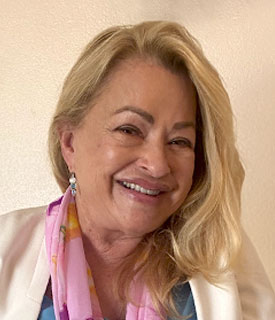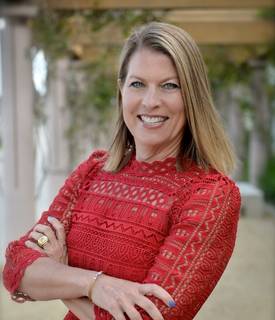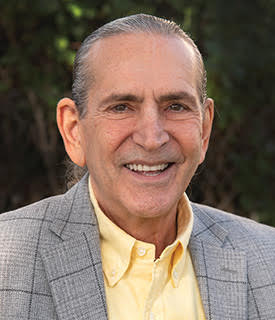There are holidays year round, but especially in the late fall and winter months, there tends to be extra celebrating and cheer. Relapse is not the first thing that comes to mind when thinking of the holiday season; though, the holiday season can be a major challenge for those in recovery. Here are some of the many reasons why this time of celebration can be such a challenging time and how to cope.
Extra Merry Making
During the holiday season, many celebrate with gatherings, parties, eating special foods, and drinking special drinks. Alcohol is often not only present at parties, but free. For a recovering alcoholic, it can be tremendously difficult to have to say no all night long while at a holiday party. It can also be embarrassing if you feel like you have to explain why you aren’t drinking. There is added pressure to drink when it seems like you are the only one not drinking. Being the sole sober person can also be an isolating feeling.
If in recovery and know you’re going to a party or gathering, be prepared. Bring a supportive family or friend who will not only be entertaining company, but is also willing to stay sober with you and encourage you to keep your goals. In advance, you can think of alternative responses if someone asks why you’re not drinking, and you feel uncomfortable with admitting that you’re in recovery. Recovering alcoholics are not the only people who are sober. Many people abstain from alcohol due to health reasons, they don’t like the taste, New Year’s resolutions, religion, designated driver, or work the next day. If hosting, prepare a variety of non-alcoholic drinks such as mocktails, holiday drinks such as egg nog, wassail, sparkling cider, coffee, or hot cocoa.
Stress
The holiday season can also be a time of great stress. It takes a lot of energy, organization, and money to gather with family, buy presents, decorate, and coordinate gatherings. For some, when families get together, drama tends to stir. It can be exhausting to host out of town guests and feel the constant need to care for and entertain them. On top of all of this, you probably still have your regular duties such as work, taking care of your immediate family, and general household upkeep. The added holiday stress might trigger a desire for an upper to help keep up with the hustle and bustle or a downer to escape it all.
As much as possible try to plan in advance and get organized. There are many organization apps available that can help you manage holiday shopping lists, budget, to-do lists, and grocery lists. Setting boundaries with your family and friends can also help to reduce the family drama. Limit your interactions with the family members that drive you crazy. Sometimes adding some structure to family get togethers can help cut back on the down time for gossip and nagging, and instead help to create more positive memories. Plan a service project, play some games, or give everyone a task so that everyone can contribute. If finances are a stressor, families can do a secret santa or white elephant so you don’t need to buy a gift for everyone. You can also give family gifts instead of gifts for each member of that family, and that gift can be homemade.
Grief
As mentioned, the holiday season is often spent with family and friends. So, when a loved one passes away, the holiday season can magnify their absence. Many, struggle to cope with feelings of grief and loss during the holiday season. For someone in recovery, this may be a trigger to relapse if these feelings become too overwhelming and painful.
Instead of focusing on the absence of a loved one, focus on remembering and honoring the life of that loved one. Continue a tradition that was done together, light a candle in their honor, do an act of service in their remembrance, or spend time doing some of their favorite things. It may be helpful to turn to family and friends who are also grieving.
Seeking Help
No matter the situation or reason for struggle, meeting with a mental health professional can be of great assistance. If you know the holiday season is particularly challenging, schedule in advance or schedule extra meetings with your mental health counselor. If you’re in the Southern California region, please contact Crownview Medical Group to get in touch with a trained medical professional.
























